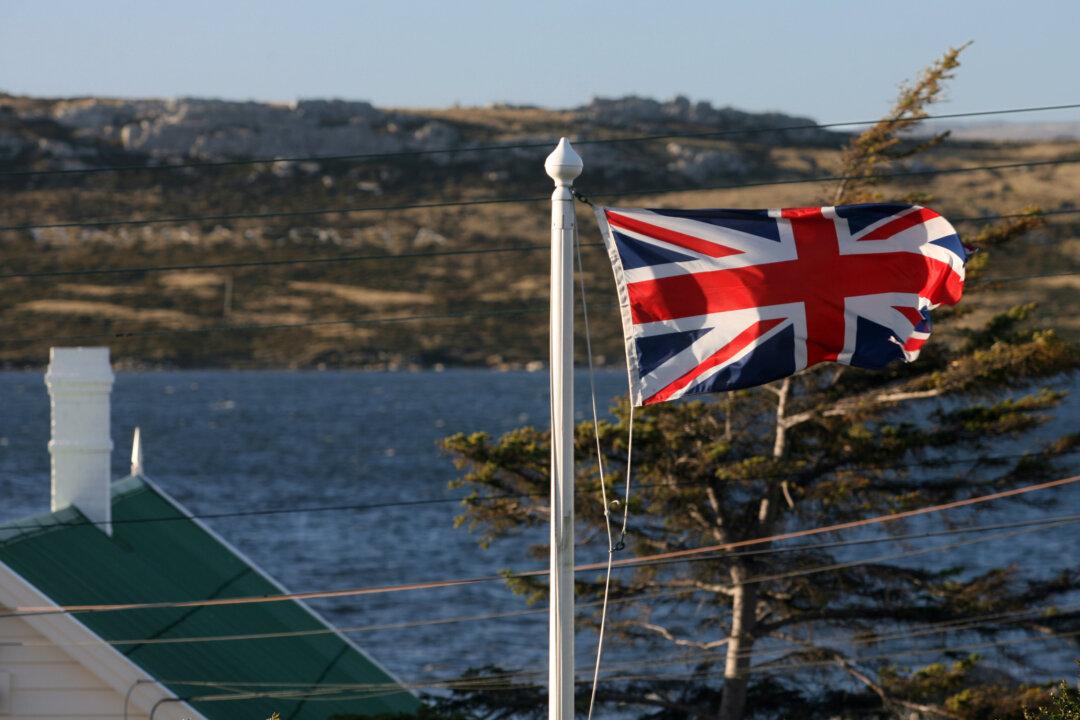The Foreign Office has dealt a blow following the apparent recognition by the European Union of the Argentine name for the Falkland Islands.
EU leaders met with officials of 33 Latin American countries, known as the Community of Latin American and Caribbean States (CELAC), in Brussels earlier this week and signed the EU-CELAC summit declaration (pdf). The document referred to the contested Falkland Islands as “Islas Malvinas,” which is the Argentine name for the territory.





